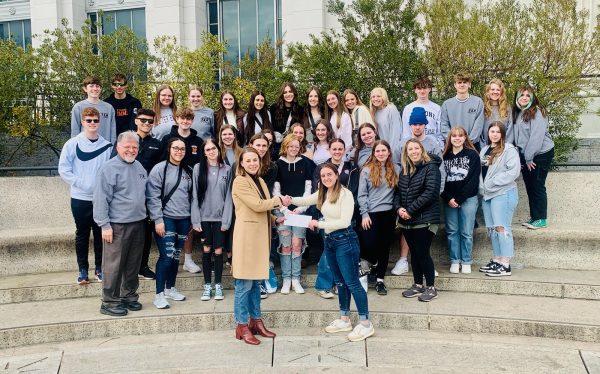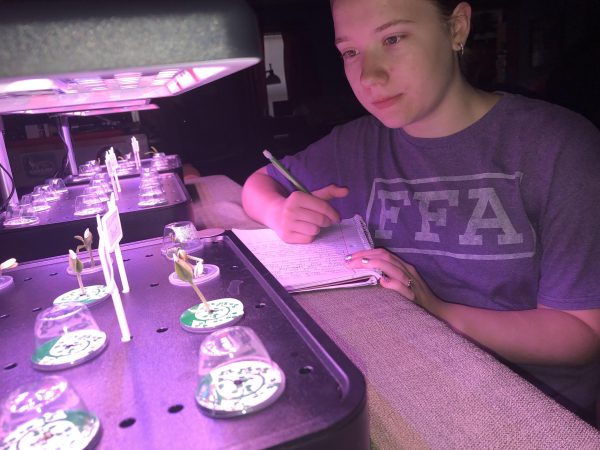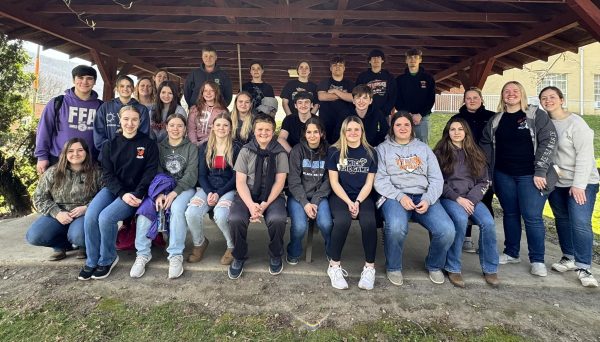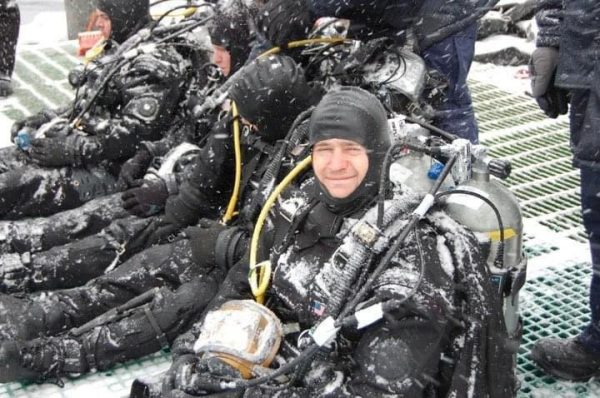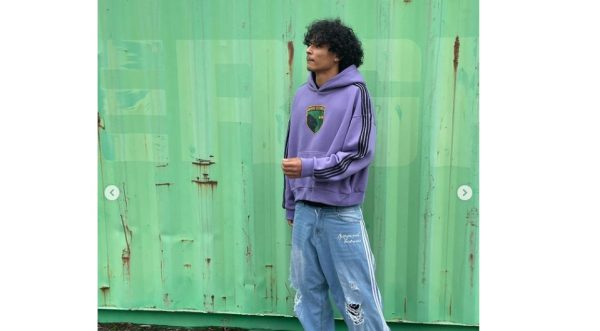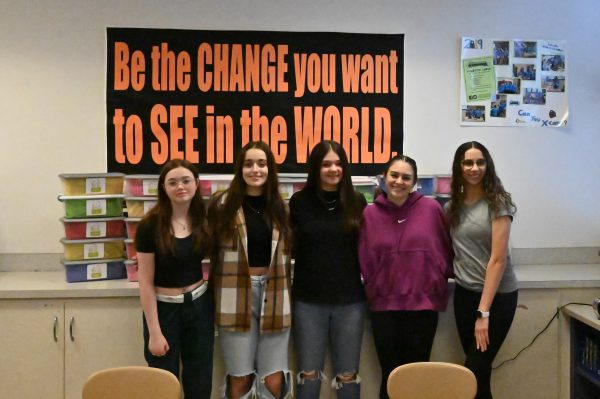Tyrone students bring hope to victims of war and rape in Congo
On April 6, 1994, Rwanda, a small country bordering the Democratic Republic of Congo in Africa, exploded into war. The Hutus, an ethnic group that composed 85% of Rwanda, initiated an all-out genocide of the much smaller Tutsi population. In weeks, 800,000 men, women, and children had perished in the bloody conflict.
The effects of the genocide were devastating. Millions of people lost their homes. Local economies and communities were in shambles. And perhaps even more horrifying than the slaughter that took place, between 250,000 and 500,000 women were brutally raped during the genocide.
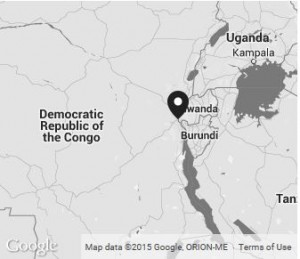
But the violence did not stop when the war in Rwanda ended. This war set off a chain of violence all throughout Africa. The Democratic Republic of Congo, a country that encompasses Rwanda, continues to suffer horrible atrocities against innocent men, women, and children. This country has been named the “rape capital of the world” because rape was so widely used as a weapon of war. Even though it has been years since the war was officially over, the victims remain and rape is still shockingly common in this part of the world.
Fortunately, there is hope for the women and children of the Congo.
Dr. Denis Mukwege, an aspiring physician with a vision for peace, founded a small health center for victims of rape in 1996. He named his facility the Panzi Hospital. Almost 20 years later, his hospital is world renowned for treatment of survivors of sexual violence and women with severe gynecological problems.
But the care does not stop there. Women can’t return home after treatment due to the dangers of the outside world. Because he couldn’t bear to send these women back to the streets, Dr. Denis Mukwege founded the Panzi Foundation. This organization provides transitional housing and long-term care to patients. It also provides education for women and children, counseling, and job-training.
Formerly just a man with a dream, Dr. Denis Mukwege’s hospital has expanded, he has been nominated for the Nobel Peace Prize, and won a United Nations Human Rights Prize in 2008. Despite the international recognition, Panzi Hospital and the Panzi Foundation is still in dire need of financial support to fulfill its mission. Over the past four years, the students of Tyrone High School have stepped up to fill this void.
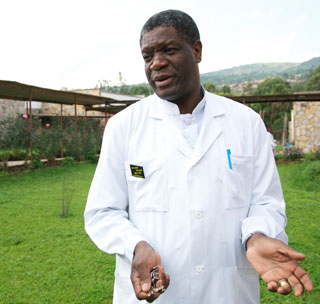
Dr. Denis Mukwege
Tyrone’s Youth Action Network (YAN), led by teachers Tracy Redinger and Cummins McNitt, has existed for seven years. The club’s focus is on raising awareness and support for victims of war and tragedy around the globe. One of YAN’s biggest yearly projects is its annual “Pennies for Panzi” fundraising drive, an event that raises money for Panzi Hospital and the Panzi Foundation. In the four years that YAN has organized the drive, it has donated over $4000 to the cause.
Tyrone’s donations provide food, medical equipment, educational supplies… whatever the hospital needs. The American dollar goes a long way in the Congo, so pennies here can mean substantial food or equipment there.
“This campaign for Panzi is an opportunity for our students to connect with students on the other side of the globe in the most unique of ways,” McNitt remarked.
Recently the children of Panzi Hospital expressed their gratitude to the students of Tyrone High School in the form of a banner, artwork and a video (see related video story).
Mr. McNitt couldn’t have worded it better: a “connection” is exactly what has occurred in the past few years between the students of Tyrone High School and the women and children of the Panzi Hospital.

Hey good looking, come here often? My name is Mark Lewis and I'm a senior this year. DUDE, I'm super stoked to be the Sports Editor of this year's Eagle...

Nathan Hormell considers himself to be the most important part of the Channel T video production staff. He's been in Eagle Eye crew for as long as he...
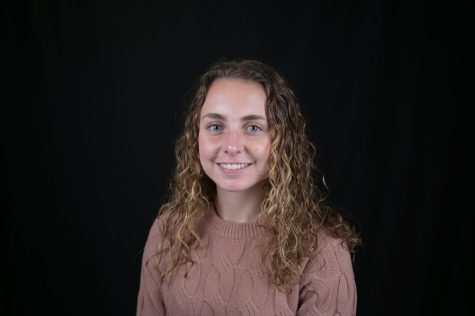
Stephanie Ramsey is currently a senior at Tyrone Area High School. This is Stephanie's first year on the Tyrone Eagle Eye News team. She is a studious...



